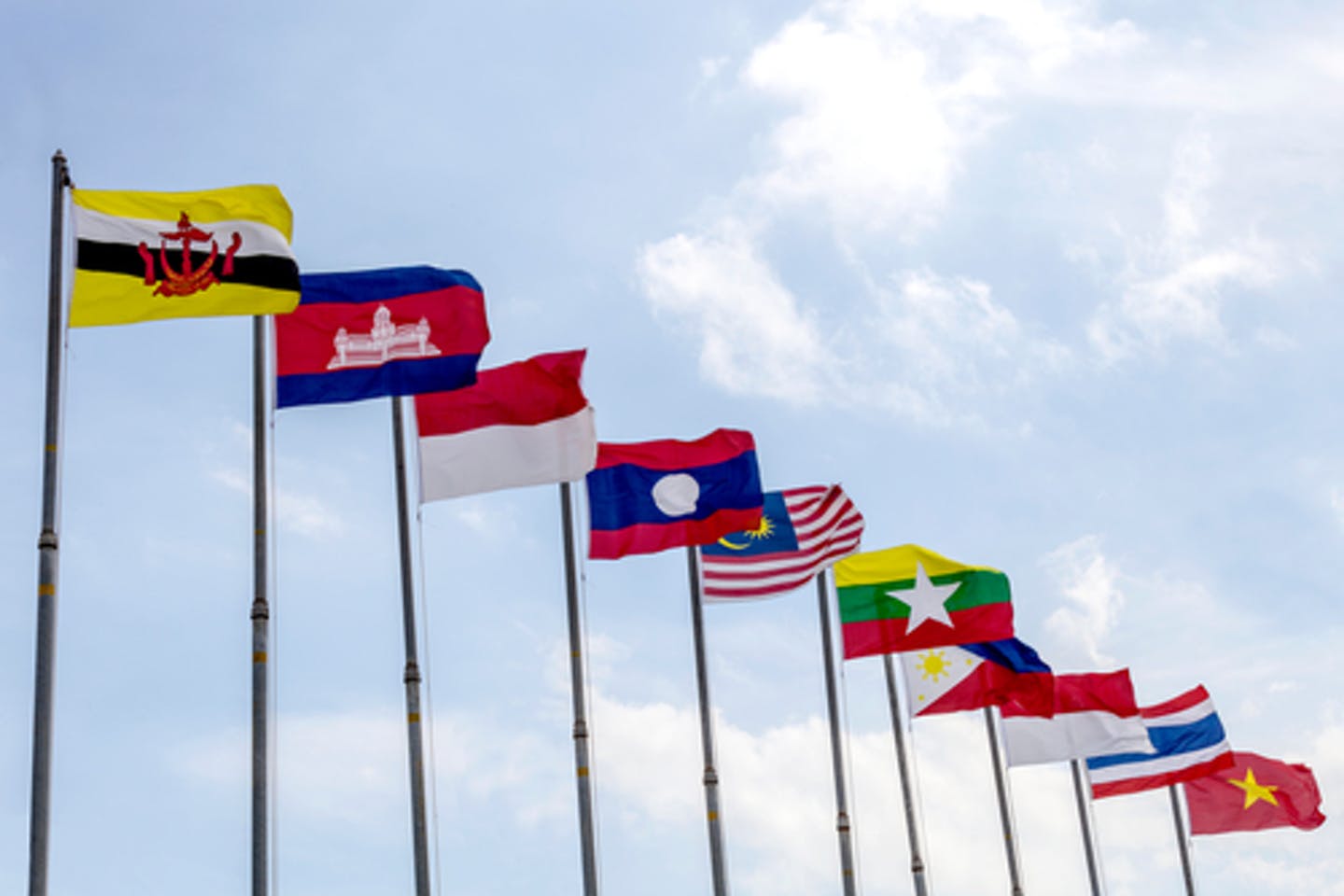(Bangkok, 12 November 2020) ‒ The Association of Southeast Asian Nations (ASEAN) and its Member States must adopt a human rights-based approach in its regional recovery framework on COVID-19, said the Asian Forum for Human Rights and Development (FORUM-ASIA).
The regional recovery framework adopts a multi-sectoral approach to how ASEAN intends to recover from the pandemic, from reopening, recovery and building long-term resilience. Sectors focused in the framework include health systems, human security, intra-ASEAN economic priorities and digital transformation.
‘What is missing constantly in ASEAN related discussion, this 37th Summit included, is sufficient attention towards the worsening human rights situation. Research shows that Members States have not only repressed human rights but used the pandemic as an excuse to implement more stringent and authoritative measures[1],’ Shamini Darshni Kaliemuthu, Executive Director of FORUM-ASIA, said in conjunction with the opening of the ASEAN Summit in Vietnam today. The two-day summit will discuss the adoption of various COVID-19-related initiatives, including the ASEAN Comprehensive Recovery Framework.[2]
The group is concerned as the current framework does not have concrete approach to prohibit, prevent, and eliminate all forms of discrimination and human rights violation in the region, which have persistently hindered vulnerable groups and human rights defenders from participating in policy-making process and getting benefit from any ASEAN intervention related to the pandemic.
A report published by FORUM-ASIA and the Solidarity for ASEAN Peoples Advocacy (SAPA) finds that ASEAN Member States have side-lined their obligations to respect, protect, and fulfil human rights in tackling COVID-19. Member States have repressed human rights and fundamental freedoms, using the pandemic as an excuse to implement more stringent and authoritative measures.[3]
‘In developing measures and initiatives for this recovery framework, ASEAN Member States must adopt and comply with international human rights law and standards, and abide by the principles of lawfulness, necessity, proportionality, and non-discrimination,’ Shamini added.
In June, 45 rights groups in ASEAN issued a joint statement calling on the regional grouping to take immediate and meaningful action to uphold human rights principles and ensure participation of civil society when handling the pandemic.[4] This demand has been consistently neglected by the body, which continues to prioritise economic development over human rights despite adverse and often fatal effects such as to marginalised women[5] and environmental defenders.[6]
In addition to the ASEAN Comprehensive Recovery Framework, ASEAN leaders will also adopt the Regional Comprehensive Economic Partnership (RCEP), a free trade agreement between the ASEAN Member States and five trading leaders in the Asia Pacific. RCEP has been criticised by civil society for its negative impact on the environment and peoples’ rights, and indigenous communities are among the most affected due to their vulnerabilities.[7]
‘By committing to build economic competitiveness without addressing human rights of its peoples, ASEAN has gone against its purpose to become people-centred,’ Shamini said. ‘Recognising that a people-centred vision can never be fully achieved without the realisation of people’s civil and political rights for meaningful engagement, including the right to freedom of expression and freedom of peaceful assembly and association, any economic relate any economic-related initiative should be underpinned by a strong commitment to equally uphold human rights and democracy.’
**
For a PDF version of this statement, please click here.
For further information, please contact:
- East Asia and ASEAN Programme, FORUM-ASIA, [email protected]
For media inquiries, please contact:
- Communication and Media Programme, FORUM-ASIA, [email protected]
[1] http://l.forum-asia.org/ASEANcovid_briefing
[2] https://www.thejakartapost.com/paper/2020/11/07/frontpage-1604682914.html
[3] http://l.forum-asia.org/ASEANcovid_briefing
[4] http://l.forum-asia.org/ASEAN36JointStatement
[5] https://apwld.org/wp-content/uploads/2017/09/2017_BOOM-RIW_9_country_briefers.pdf
[6] https://thediplomat.com/2018/09/environmental-defenders-under-pressure-across-southeast-asia/
[7] https://www.business-humanrights.org/en/latest-news/groups-fear-that-rcep-deal-of-asean-and-other-partners-will-intensify-land-grabs/




